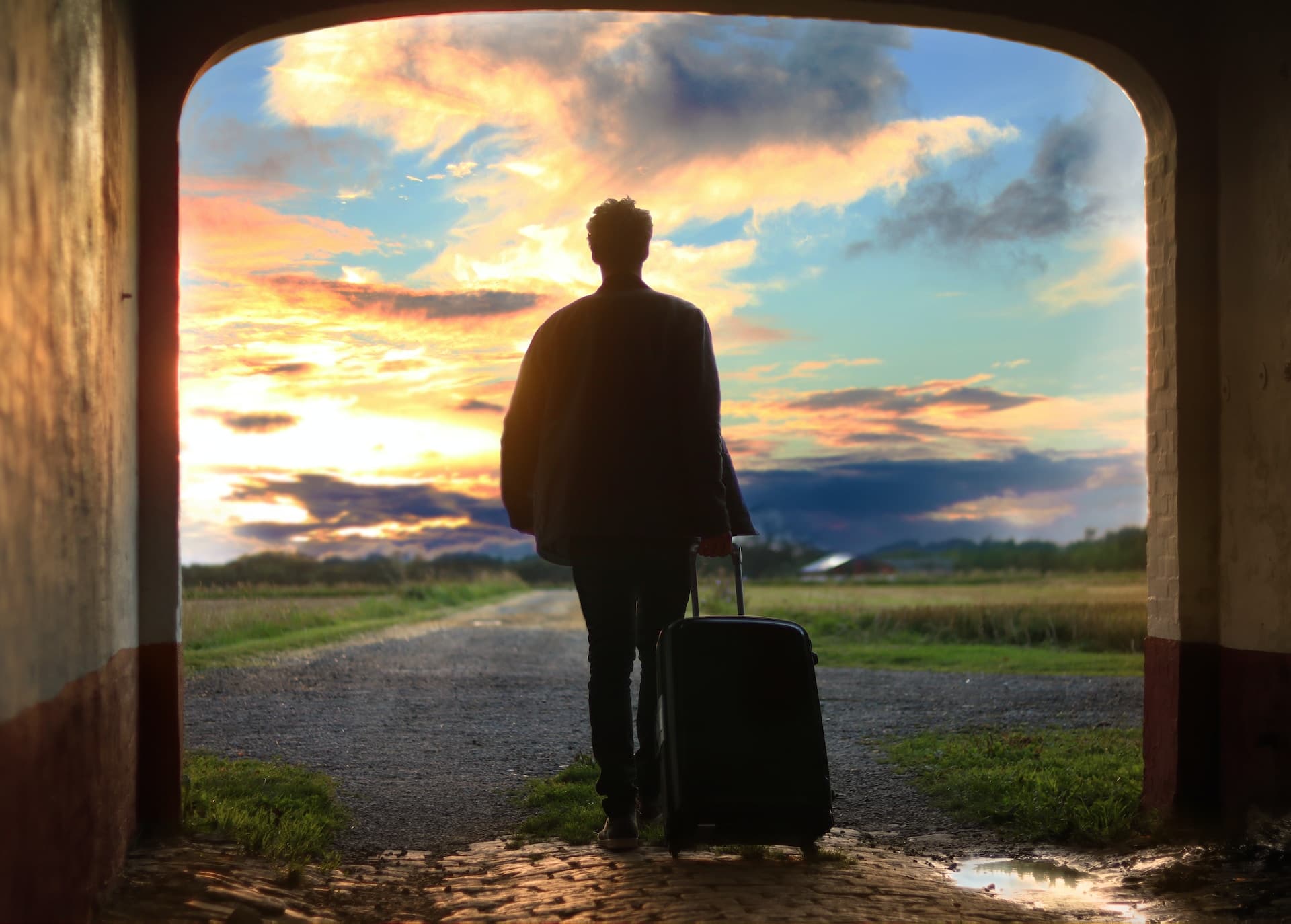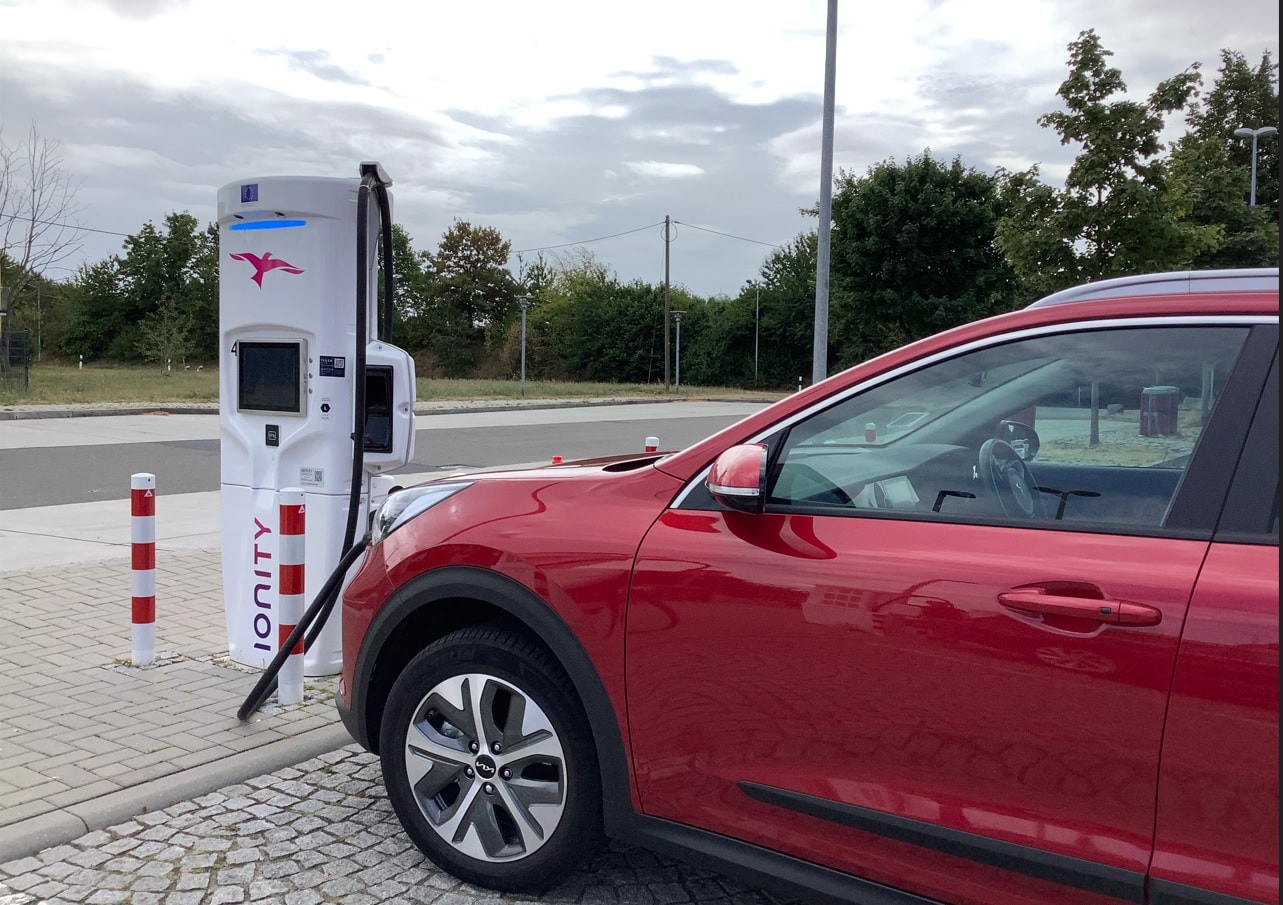Sustainable exploration is gaining importance as people try to reduce their environmental impact when travelling. This increased consciousness of sustainable travel occurred due to the COVID-19 pandemic.
During the pandemic, many popular tourist spots worldwide saw a significant decrease in visitors. The tourist hot spots got a break, positively affecting locals and the environment.
Now, as the world of tourism rebounds from the pandemic, sustainable travel has become a highlight. After the pandemic, many folks want to avoid pollution, crowded streets, and habitat loss.
To reshape how we travel and start anew, we can make a difference by emphasising eco-friendly travel, also referred to as regenerative travel. Eco or regenerative tourism is an act referring to visiting places and leaving them behind better than they were before. To achieve this and other benefits, here are six ways to explore the world sustainably:
Choose Eco-Friendly Accommodations
When searching for a place to stay, make sure they use renewable energy, conserve water, and promote recycling. These eco-lodges, green hotels, or certified eco-friendly accommodations come with various benefits.
First, they minimise their carbon footprint and that of their guests. Such lodgings are designed to affect the environment, benefiting the local community positively.
Tourists and travellers can help the environment by staying at green hotels. These hotels allow them to use less plastic, recycle, and eat local food. Additionally, they can save energy and water.
In the countryside, tourists can stay in places that serve special food and show local culture. Another benefit of these types of lodgings is their usual peace and serenity.
If you are from London, Madrid, or another big city and want to visit Paris, your vacation trip won’t feel very relaxing. You will encounter the same issues with traffic and other stressful situations. But your trip will be better if you visit a quiet area with eco-friendly systems and local products.
Opt for Public Transportation and Cycling
Use public transportation such as trains, buses, and trams to get around whenever possible. It reduces carbon emissions compared to individual car rentals. Additionally, consider renting bicycles or walking to explore cities and towns.
This way of travelling and exploring new cities and towns is much more rewarding. You will get to interact with people and the local scenery, and even stay fit, as many of us often neglect walking. Walking or cycling is, in the end, among the best and easiest ways to stay healthy.
Travelling this way will make you more likely to have pleasant vacation memories. If you choose a rental car, things may go by too fast, and you could miss out on local places to eat or have coffee.
Try a VPN trial to get cheaper train tickets and find hidden region-exclusive deals. By doing this, you can save money when travelling, explore more places, and stay safe online abroad.
A VPN is a network that hides your identity and protects your data online. It can be used on various devices, including smartphones, laptops, or tablets. This app can change your location and find hidden insights and deals.If you want an affordable option, you can check NordVPN discounts on Cybernews to save on your subscription.
Pack Light
Tourists often bring too many things they won’t even use on their trips. They usually pack heavy bags. Carrying these heavy bags is difficult and can waste time, especially at the airport. It’s easy to lose your belongings when you have too many items.
Reducing how much your luggage weighs can save fuel and time. Pack only the essentials, and choose durable, sustainable travel gear from eco-friendly materials.
If you want to buy souvenirs, you’ll need more space when visiting different places. Pack lightly so that you can bring some sustainable souvenirs back home.
Support Local Communities and Reduce Plastic Waste
Engage with local communities, support local businesses, and purchase locally-made products and souvenirs. Supporting the local economy and reducing carbon footprint are part of sustainable travel.
Carry a reusable water bottle and refill it from safe water sources to minimise single-use plastic waste. Similarly, bring a reusable shopping bag and say no to plastic bags when shopping. These tiny aspects can make a huge difference in the long run.
Conserve Energy and Resources
Turn off lights, air conditioning, and electronics when not using them to save energy in your room. Limit your water usage by taking shorter showers and reusing towels.
Practising this discipline can benefit the environment and your lodgings and also help you save energy and money at home. The more you practise conserving energy, the more likely you will stick to these habits.
Respect Wildlife and Natural Areas
Observe wildlife from a distance and do not disturb their natural habitats. Stick to marked trails in parks and natural areas to protect fragile ecosystems. When you reserve tours and trips, pick operators who value the environment, animals, and locals. Look for certifications or memberships indicating their commitment to sustainability.
Editor’s Note: The opinions expressed here by the authors are their own, not those of Impakter.com — Featured Photo Credit: Unsplash.














